Payments
The grocery industry, like all merchants, have shouldered rising costs of accepting card payments for decades. But with more Americans preferring to use cards, and as COVID-19 influenced shoppers to transact in new ways, the impact of these costs is growing. FMI is committed to solving the issues that plague the U.S. card payments system.
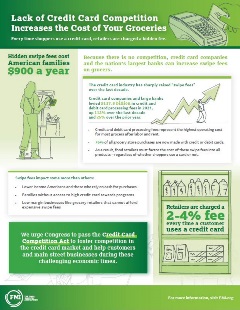
Infographic: Credit Card Competition
Every time shoppers use a credit card, retailers are charged a hidden fee. This one-page infographic helps explain these costs and how Congress can make changes to foster competition in the credit card marketplace.
Latest News on Payments
FMI Applauds Senate Committee for Hearing on Visa-Mastercard Credit Card Duopoly
Nov 19, 2024
Today, FMI applauded the U.S. Senate Judiciary Committee and Chairman Dick Durbin (D-IL), sponsor of the Credit Card Competition Act, for holding a hearing on the Visa-Mastercard duopoly that drives up costs for grocers and their ...
Payment Blog Posts
If They are Secure Enough for the Senate Credit Union, What’s the Worry?
Oct 27, 2023
There is misinformation being spread that when the bipartisan Credit Card Competition Act is enacted, networks could be unsecure and harm a customer’s financial data. It’s important that this misinformation is cleared up....
This Argument Doesn’t Fly
Jul 18, 2023
The Credit Card Competition Act does not eliminate credit card rewards, travel miles and points. That hasn't stopped the two dominant card networks and the largest banks from spreading false ...
A New Congress Brings Fresh Perspectives and Priorities
Feb 17, 2023
The 118th Congress has now been in session for over a month, and lawmakers are settling into their new roles and responsibilities, adjusted committee rosters and in some cases, updated office space. With new perspectives on Capitol Hill comes new ...
FMI Payments Resources
Unlocking the Potential of Healthy Benefits Programs in Retail
Healthy benefits programs, which allow different health paying entities to allocate funds for consumers to spend on health and well-being, are quickly expanding in commercial and government insurance programs.
How Accepting Healthy Benefits Support Customer Wellbeing
In this report we explore the financial landscape of healthy benefits programs, how these programs work, and opportunities and challenges retailers may face in establishing systems to accept healthy benefit card payments.

Leadership
The FMI Electronic Payments System Committee is comprised of retail/wholesale company payments leaders and provides leadership, insight and expertise on an ongoing basis.Learn More Committee Portal
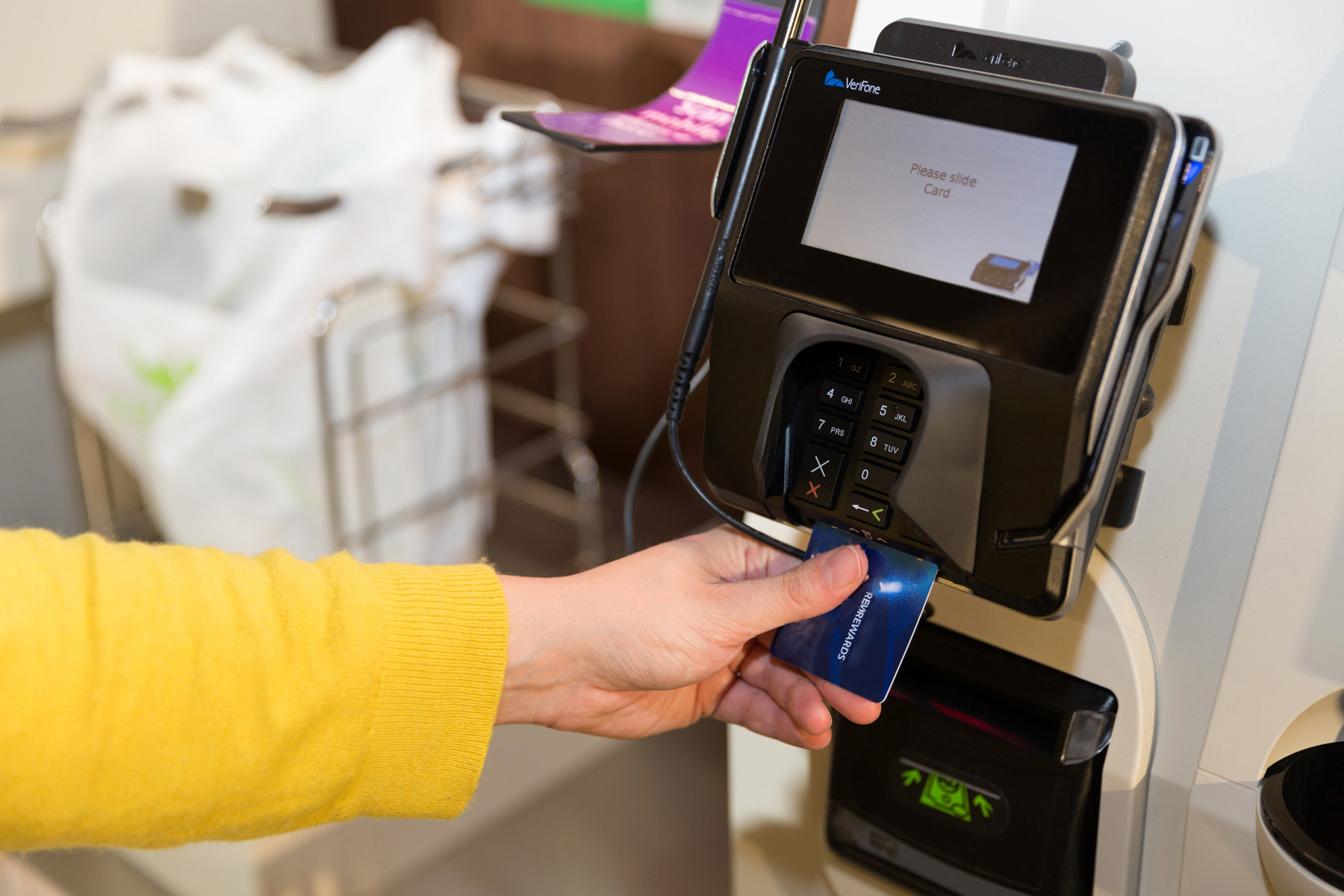


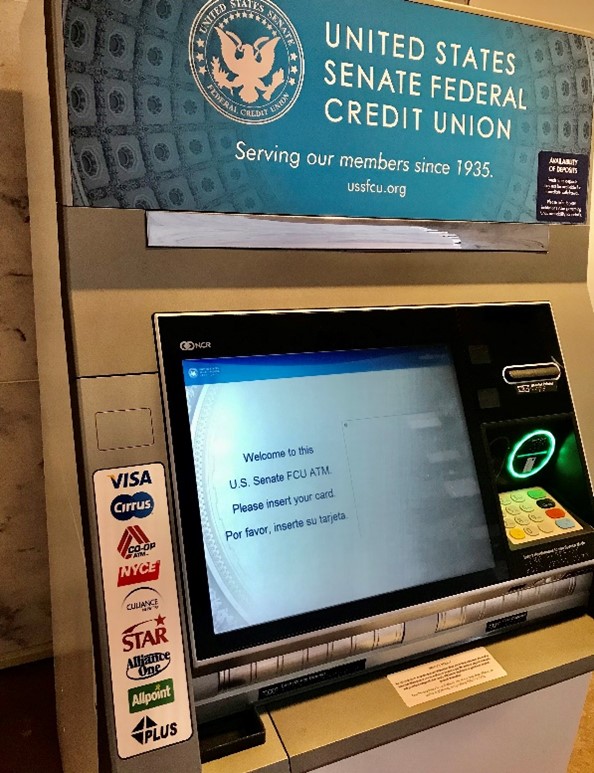
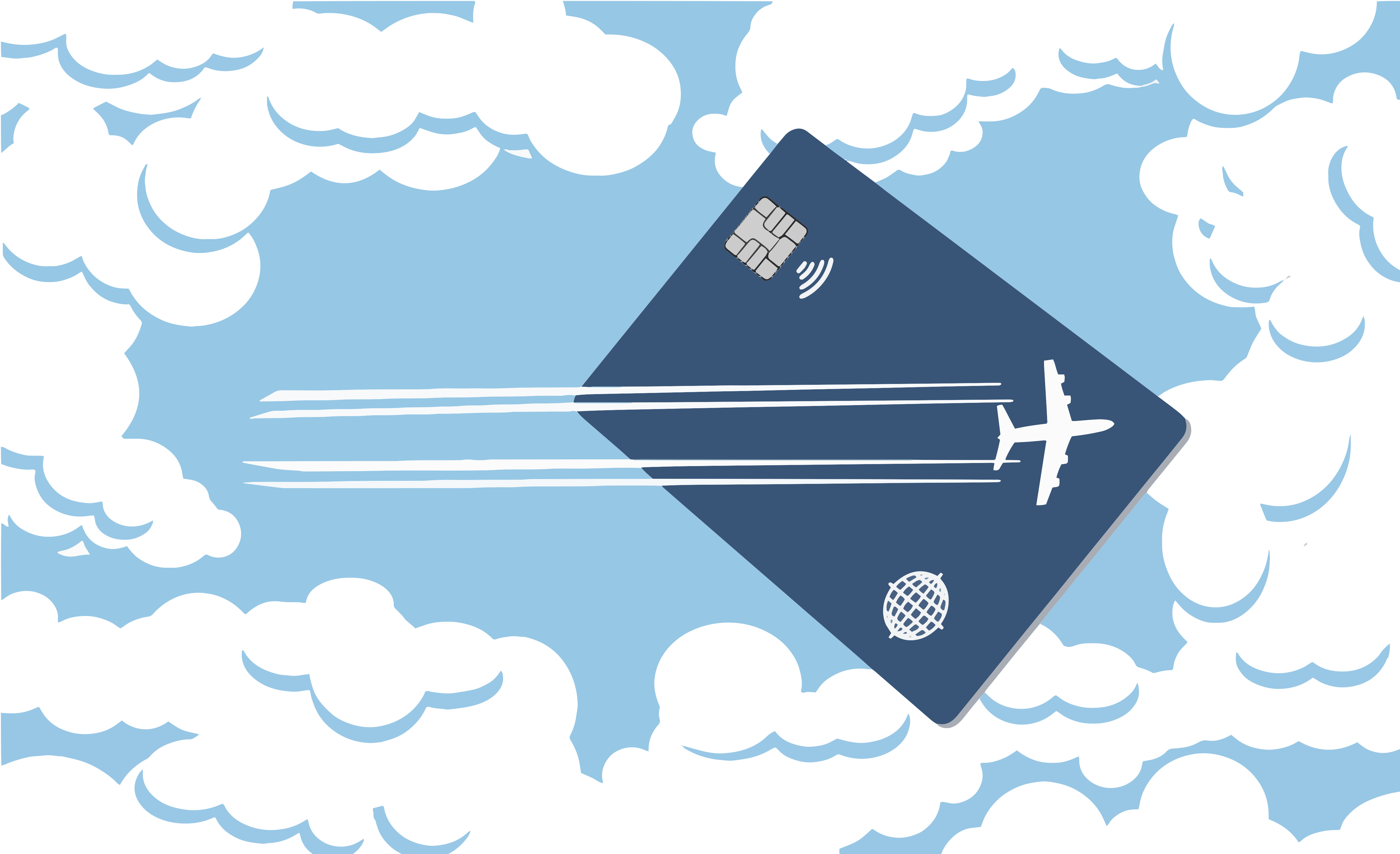
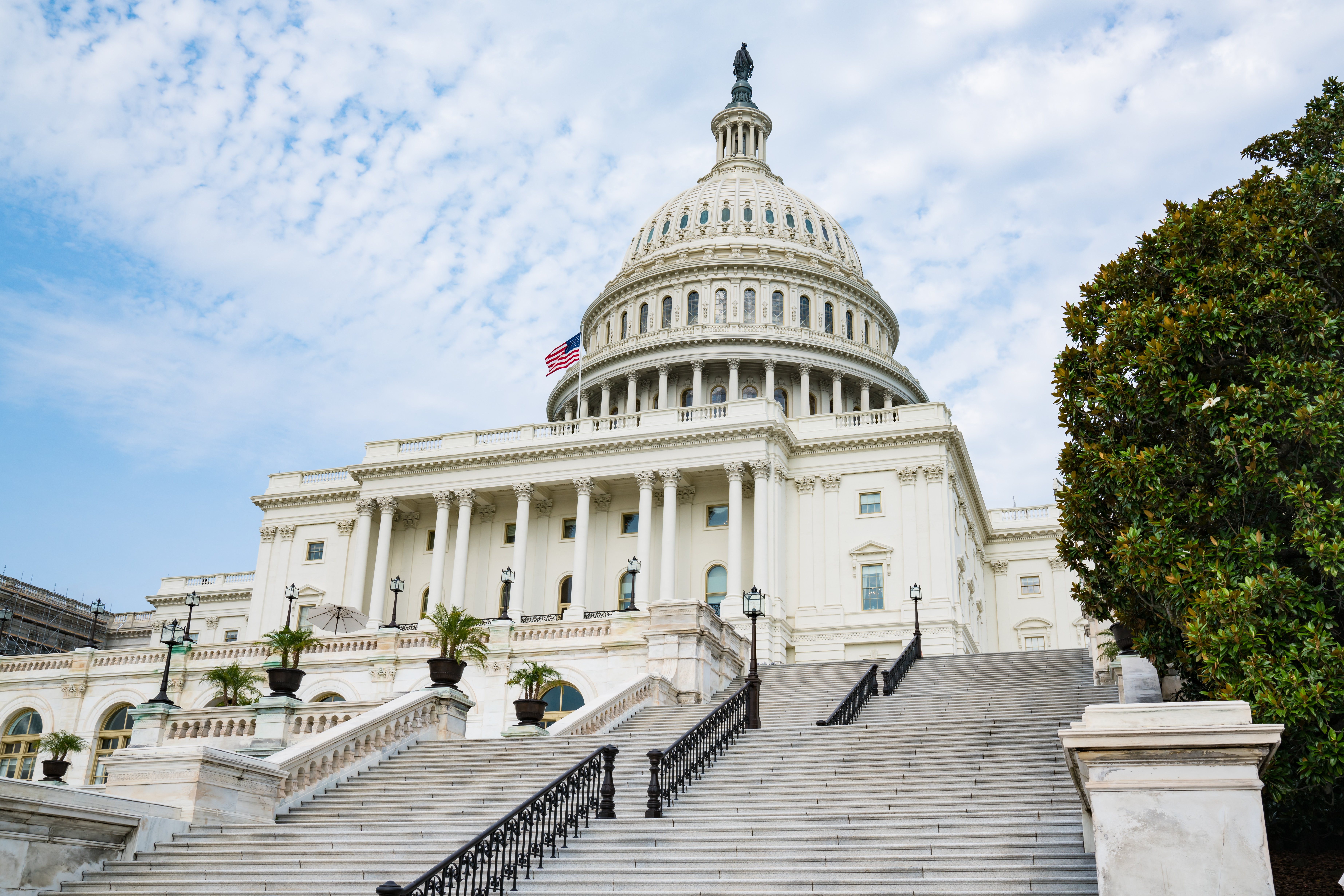


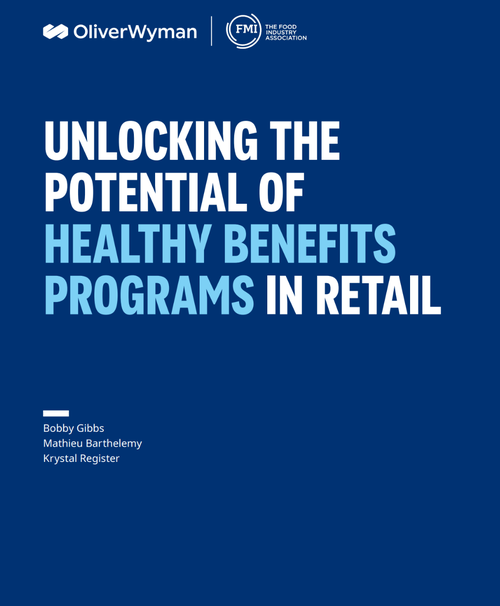
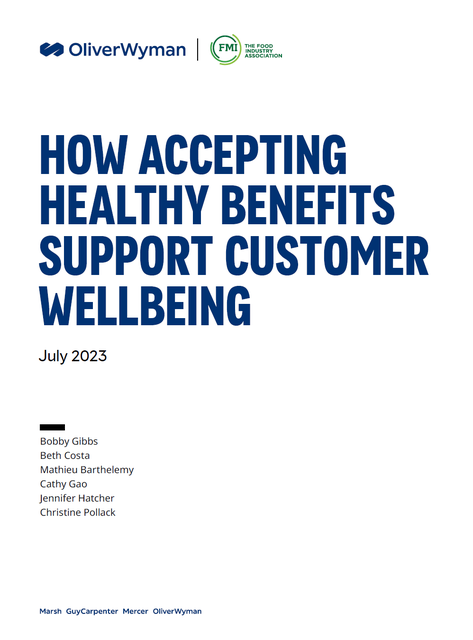

 Industry Topics address your specific area of expertise with resources, reports, events and more.
Industry Topics address your specific area of expertise with resources, reports, events and more.
 Our Research covers consumer behavior and retail operation benchmarks so you can make informed business decisions.
Our Research covers consumer behavior and retail operation benchmarks so you can make informed business decisions.
 Events and Education including online and in-person help you advance your food retail career.
Events and Education including online and in-person help you advance your food retail career.
 Food Safety training, resources and guidance that help you create a company food safety culture.
Food Safety training, resources and guidance that help you create a company food safety culture.
 Government Affairs work — federal and state — on the latest food industry policy, regulatory and legislative issues.
Government Affairs work — federal and state — on the latest food industry policy, regulatory and legislative issues.
 Get Involved. From industry awards to newsletters and committees, these resources help you take advantage of your membership.
Get Involved. From industry awards to newsletters and committees, these resources help you take advantage of your membership.
 Best practices, guidance documents, infographics, signage and more for the food industry on the COVID-19 pandemic.
Best practices, guidance documents, infographics, signage and more for the food industry on the COVID-19 pandemic.
